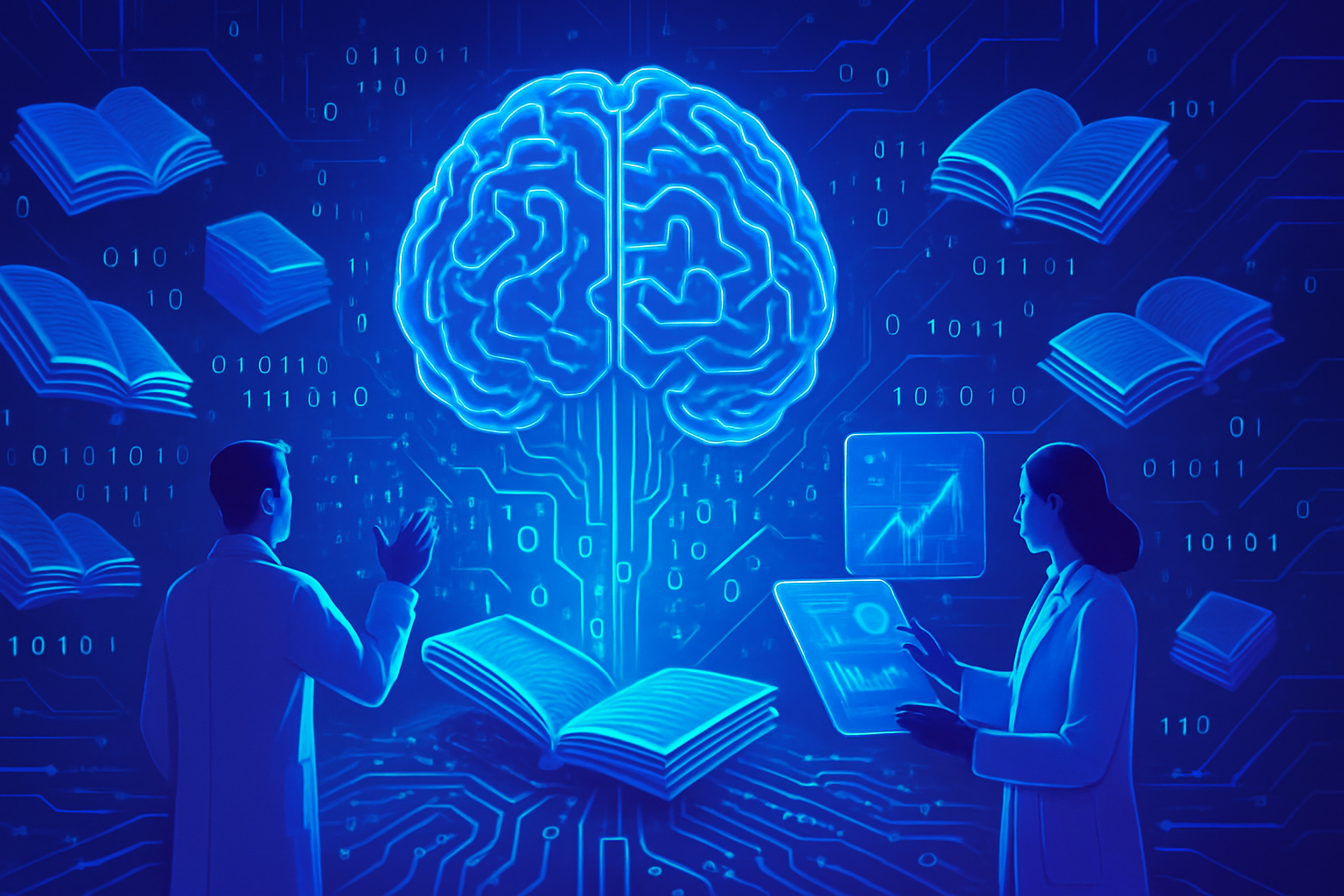The rise of artificial intelligence is redefining the architecture of scientific publications. The stakes of integrity, authenticity, and innovation are at the heart of this transformation. The ability of AI to *generate content* and to *analyze complex data* raises questions about established norms. Beyond the speed of publication, the issue of trust in scientific results arises. The adoption of AI by scientific publishers requires deep reflection on ethics, objectivity, and the responsibility of researchers.
The impact of artificial intelligence development
The landscape of scientific publications is undergoing a radical transformation due to advances in artificial intelligence (AI). At the center of the debates, AI challenges traditional standards of academic publishing. Concerning anomalies are emerging, notably the use of text generators for writing research articles.
Notable cases of scientific dishonesty
Recent incidents highlight the erroneous use of AI in writing scientific articles. In August 2023, a professor from the University of Toulouse-III, Guillaume Cabanac, detected an interrogative passage in an article that turned out to be a section copied from a well-known software, ChatGPT. This discovery represents a serious issue, raising questions about the reliability of the peer review process.
Reactions from publishing houses
In the face of this growing crisis, major publishing houses like Elsevier and Nature Springer are adopting varied responses. They emphasize the importance of integrating AI ethically and responsibly. Good practice protocols are emerging to guide researchers on acceptable uses of AI-based tools.
AI tools to ensure integrity
Publishers are also developing AI tools dedicated to detecting content generated by automated systems. These technologies aim to preserve scientific quality, a fundamental issue at a time when publication standards are being questioned. Human oversight remains essential for validating research results.
The perception of researchers regarding AI
Researchers’ attitudes are evolving rapidly. While some welcome AI as a valuable support in their work, others express considerable reluctance. Concerns arise about the dilution of academic rigor and the possible emergence of lower-quality scientific content.
Exemplary cases of responsible AI use
Despite these concerns, examples are emerging worldwide, demonstrating AI as an innovative tool. In a medical context, for instance, a project uses AI to position needles with increased precision, demonstrating promising results in complex medical interventions. Other artistic initiatives also show how AI can enrich creation while respecting ethical standards.
Future perspectives for scientific publishing
The debates surrounding AI in the field of scientific publications are only beginning. Future issues could profoundly transform how research results are presented and evaluated. Collaboration between researchers, publishers, and emerging technologies will be crucial to build a reliable and relevant scientific ecosystem.
Questions and answers about the revolutionary impact of AI on the world of scientific publications
How is artificial intelligence transforming the writing of scientific articles?
Artificial intelligence facilitates writing by generating drafts, suggesting grammatical and stylistic revisions, and assisting in the structuring of ideas, thereby allowing researchers to focus on content and discoveries.
What are the risks associated with using AI in scientific research?
Risks include plagiarism, the dissemination of false information, and the publication of low-quality articles if the generated results are not checked or validated by human researchers.
Do scientific journals currently accept articles created with the help of AI?
Yes, several scientific journals permit the use of AI tools, but this must be clearly disclosed by the authors and used ethically, with adequate human oversight.
How are publishers reacting to the challenges posed by AI in the peer review process?
Publishers have begun to establish protocols to identify AI-generated content and to integrate analytical tools to maintain the integrity of the peer review process.
Are there ethical implications to using AI in scientific research?
Yes, the use of AI raises ethical concerns during writing, review, and publication stages, particularly regarding the transparency of contributions and the authenticity of the presented results.
What is the impact of AI on public access to scientific research?
AI enables easier access to research by providing intelligent summaries and advanced search tools, which further opens science to the public and improves the dissemination of knowledge.
How can AI help detect academic fraud?
AI can analyze texts to spot inconsistencies, similarities with other works, and anomalies in data, which helps in the early detection of fraud in research.
What skills should researchers develop to work effectively with AI?
Researchers need to acquire skills in data analysis, AI ethics, and the use of digital tools to integrate these technologies into their research methods.






